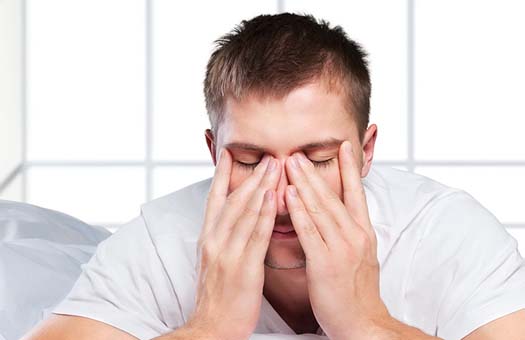Nocturia could be a sign of heart disease
Do you happen to have the following symptoms?
- Lack of long deep sleep due to frequent urination at night
- Chronic fatigue and exhaustion
- Lingering sleepiness after waking up as if you had not slept
Nocturia or frequent urination at night means having to go to the toilet more than twice in a single night.
The cause could be hyperglycemia or diabetes with which the kidneys produce more urine than usual. Beverages such as tea, coffee, soft drinks, have a diuretic or dehydrating effect which can also increases urine volume.
Frequent urination at night could also result from pelvic organ prolapse, bladder stone or urinary tract infection (UTI).

Apart from the above, another important factor to take note of is, frequent urination at night could be a sign of heart disease. The heart pumps blood to the entire body. Weak heart muscles lower blood circulation, causing blood clots in the vein, usually in the legs. At the end of the day, you may end up with a swelling leg. At night, when you lay down, the blood in the legs flow back to the kidneys and therefore, producing more urine at night. With less water in the body and lower blood pumped from the heart, when waking up, a patient with heart disease may at times experience dizziness. Less blood circulation in the brain also increases the chance of passing out if a patient quickly stand up and walk.

Whatever the reason, frequent urination at night means poor quality of sleep. Inadequate rest impedes hormone release and automatic nervous system functions. As a result, you don’t feel fresh even after a whole night of sleep. Some patients may also experience lingering tiredness and maybe sexual dysfunction due to this. Poor sleep quality affects your health in the long run. Research has found that frequent urination at night, due to the causes mentioned, increases the risk of heart disease. This will in turn affecting the mortality rate when aging, compared to those who do not experience this problem.
If you are suffering from this problem, please consult a physician to address the cause and seek the best possible solution to prevent any further complications.





Sign In
Create New Account